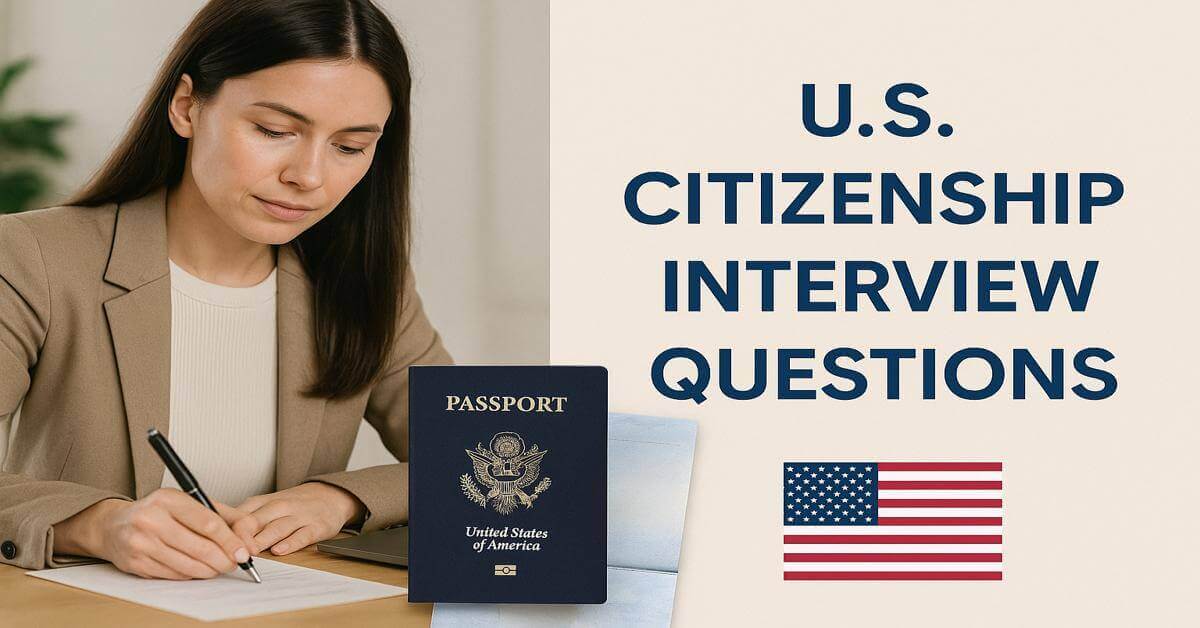A written statement from a third party (such as a friend, family member, employer, or community leader) that provides factual information, character references, or evidence to support an individual’s immigration application is referred to as an immigration recommendation letter, or a letter of support.
A letter of support can emphasize an applicant’s moral character, contributions to society, or authenticity of a relationship, depending on the type of application. Although they are not always required to be submitted with an application, they are frequently submitted to substantiate various forms of visa applications, such as those for permanent residency (green cards), asylum, or citizenship.
Purpose:
An immigration recommendation letter offers personal or professional insights that assist immigration authorities in gaining a more comprehensive understanding of an applicant’s qualifications, relationships, or circumstances, thereby bolstering the credibility and context of their case. By providing endorsements of the applicant’s moral character, skills, and contributions, as well as evidence that the applicant is deserving of the requested immigration benefit, these letters enable immigration officers to view the applicant as a complete individual, thereby potentially increasing their chances of approval, regardless of the paperwork.
Despite the fact that all immigration recommendation letters are intended to strengthen an applicant’s application, the tone, purpose, and authorship of these letters may vary depending on the type of application.
Types of Immigration Recommendation Letters:
The nature of immigration recommendation letters can vary depending on the objective of the immigration application. Each type is designed to provide the applicant with the necessary support by emphasizing pertinent qualifications, relationships, or character characteristics. The following are the most frequently encountered types:
Employment-Based Visa Recommendation Letters
Important:
Employment Verification Letters (EVLs) should not be confounded with employment-based visa recommendation letters.
- Extraordinary Ability (EB-1, O-1 Visas): These letters, which are frequently composed by industry experts, employers, or colleagues, underscore the applicant’s exceptional skills, accomplishments, or contributions in their field.
- National Interest Waiver (NIW): Emphasizes the applicant’s work as being of substantial benefit to the United States, typically with the support of colleagues, mentors, or collaborators.
- H-1B or PERM Sponsorship: Emphasizes the applicant’s qualifications and job performance for the employer who is petitioning for their visa.
- E-2 or EB-5 Visas: These letters underscore the investor applicant’s business acumen, success, and capacity to generate employment opportunities or economic growth in the United States.
Check Also: USCIS Immigration Fee Hike Challenged by House Republicans
Family-Based Visa Recommendation Letters
- Spousal or Fiancé(e) Visa: A document that is signed by family members or acquaintances to verify the validity of the relationship and attest to the couple’s bond. Note that this is distinct from a Declaration of Financial Support, Affidavit of Support Form I-864, I-864 Joint Sponsor, or I-130 Cover Letter.
- Parent, Child, or Relative Visa: Utilized to confirm the relationship and the significance of family reunification.
Travel Letter of Invitation
- B-1 or B-2 Visa: This letter, which is to be written by the relative or friend who will be hosting the applicant during their stay in the U.S., confirms the applicant’s purpose of travel, financial stability, and ties to their home country. It also assures immigration authorities that the applicant will return home after their visit and comply with the visa terms.
Character Reference Recommendation Letters
- Moral Character Waiver: Offers evidence of excellent moral character for applicants who must demonstrate eligibility, such as in cases of naturalization or waiver.
- Asylum/Refugee Cases: Emphasizes the applicant’s integrity, background, and the potential hazards they may encounter upon their return to their country of origin.
Naturalization Recommendation Letters
- Supports an applicant’s application for U.S. citizenship by verifying their work ethic, moral integrity, and contributions to the community.
Humanitarian Recommendation Letters
- Extreme Hardship Waivers: Describes the substantial hardship that the applicant or their family would experience in the absence of immigration relief.
- Special Immigrant Juvenile Status (SIJS): Emphasizes the child’s best interests and the necessity for permanent residence as a result of abuse, neglect, or abandonment.
Academic or Research-Based Recommendation Letters
- J-1 Visa (Exchange Visitor Program): Suggests that the applicant pursue academic or cultural exchange opportunities.
- F-1 Visa (Student): Facilitates the applicant’s enrollment in an educational institution or academic success.
Religious Worker Recommendation Letters
- R-1 Visas (or comparable visas): These letters attest to the applicant’s qualifications and contributions to religious organizations in the United States.
Each type of recommendation letter is customized to satisfy particular immigration requirements and offer personalized evidence to bolster the applicant’s case.
How to Write an Immigration Recommendation Letter?
Although the majority of immigration recommendation letters adhere to a consistent format, certain types of letters may have unique requirements. Check USCIS’s website for more information.
Important:
It is crucial to furnish transparent and forthright information when formulating an immigration recommendation letter. False or exaggerated statements can have a detrimental effect on an applicant’s case and result in complications during the immigration process.
In order to compose an immigration letter of support that is effective, it is recommended that the following elements be included and that the general structure be adhered to:
Introduction
Begin by introducing yourself, your relationship to the applicant, and your credentials:
- Your name
- Your background, job title, and relevant credentials
- Your relationship to the applicant
- How long you have known the applicant
- Your immigration status
Statement of Support
The most critical component of the immigration recommendation letter is your statement of support. Express a strong and unambiguous support for the applicant, emphasizing the reasons you believe they are deserving of immigration benefits, including their character, skills, or talents, and contributions to their community or workplace.
- Endorsement: Commence with a concise and effusive statement that conveys your endorsement of the applicant’s immigration application.
- Justification: Offer a comprehensive explanation for your recommendation by addressing the applicant’s qualifications, accomplishments, moral integrity, and admirable qualities.
Evidence and Examples
It is advisable to incorporate specific examples that illustrate the applicant’s distinctive qualities and abilities in order to fortify the recommendation letter. The applicant’s positive influence on their community or workplace should be underscored in these instances, thereby reaffirming their value as an asset to those in their vicinity.
- Examples: Offer personal, detailed anecdotes that demonstrate the applicant’s professionalism, community involvement, or character.
- Additional Evidence: If feasible, include pertinent documents, including performance evaluations, awards, or letters from other community members, to substantiate your assertions and provide additional support for your recommendation.
Conclusion
Summarize your main points and reiterate your support for the applicant.
- Summary: Conclude the letter by providing a succinct summary of the primary points you have discussed, thereby reiterating your endorsement of the applicant and their eligibility for the immigration benefit. This final statement should leave a lasting impression of your confidence in their positive contributions.
- Provide Additional Assistance: Conclude by emphasizing your willingness to furnish any supplementary information or clarification that may be necessary. Include your contact information to guarantee that you can be readily contacted for any subsequent inquiries.
Final Review and Signature
- Evaluate Your Letter: Before submitting your immigration recommendation letter, ensure that it is refined, professional, and error-free by conducting a thorough proofreading.
- Signature: To enhance the letter’s personalization, sign and date it. This final stage serves to emphasize your dedication to supporting the applicant and lends credibility to the document.
Frequently Asked Questions:
-
How long should the letter be?
Typically 1 to 2 pages. It should be detailed enough to provide substance, but concise and focused on the most important information.
-
What is an immigration recommendation letter?
An immigration recommendation letter is a formal statement written by a third party (e.g., employer, professor, community leader) to support someone’s immigration application. It highlights the applicant’s character, qualifications, and contributions.
-
What tone and style should be used?
Use a professional and respectful tone. The letter should sound sincere and supportive without exaggeration or emotional appeals that lack evidence.






